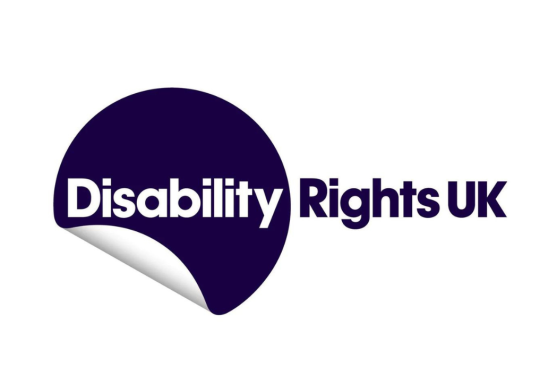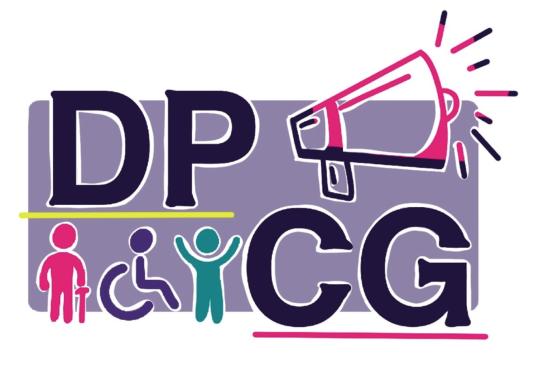Ofsted report misrepresents the main problems facing the SEND system
In Ofsted's press release, it explores how COVID-19 has exacerbated pressures on the education system - particularly regarding recruiting staff with SEND expertise in mainstream and specialist schools. The report recognises that the SEND system has "significant weaknesses", and refers to children, young people and families experiencing significant delays and difficulties in accessing support, in addition to highlighting other known barriers to accessible education.
The suggested cause of these "weaknesses" is an overwhelming increase in demand for support. The report outlines that the number of pupils identified as having SEND (nearly 1.5 million) has increased by 77,000 in the last year. The number of pupils with Education Health and Care Plans (EHCPs) has also grown by 51% since the policy was introduced in 2014, while SEN support has increased by 6%. However, this report fails to recognise that less than 4% of those identified as having SEND currently have access to EHCPs.
Even more concerning is the "critical" focus on "accurate identification". The report states that: "We know that many children fell behind during the pandemic and need help to catch up, but nonetheless do not have SEND in the normal usage of the term. Labelling these children as having SEND is not right for them and also puts an unnecessary burden on the system."
The proposal that too many students, and the wrong students, are being identified as having SEND and accessing unnecessary support directly contradicts the reality that parents and students face. Research by Special Needs Jungle found that councils have spent over £250 million fighting parents at tribunals since 2014, and 95% of SEND tribunals are found in favour of the parents. This means that, across the country, pupils are consistently denied access to support and when this denial is challenged, local authorities are found to have acted unlawfully in almost every case.
Reports by the Guardian this year also found that the longest wait times for Autism and ADHD assessments in children were up to 5 years, with the average appointment times coming in after 88 weeks.
This research represents an education, health and care system that consistently fails to identify Disabled students' needs and highlights how Disabled young people are denied support at every stage.
The report goes on to claim that poor education standards are what could have led to students being wrongly identified as having SEND: "Even before the pandemic, the lack of high-quality education, health and care services in some cases could have resulted in some children being mistakenly identified as having SEND. For example, some SEND identified during key stage 2 or 3 can be traced back to poor curriculum and teaching in the early years and key stage 1."
Ofsted also reflects certain Department for Education policy approaches which have been widely criticised by campaigners. For example, the report includes a large focus on improving attendance amongst students with SEND and a concern that attendance levels, particularly those with persistent absence, have deteriorated since the pandemic began. The report states that these worse levels of attendance are "clearly detrimental to their education", without providing any recommendations on how to make school more accessible to attend post-lockdown, or how to support clinically vulnerable children safely access their education. The dangers of harsher attendance policies, without consideration or adaptations for Disabled students, are set out in our attendance consultation response.
The full annual report can be found on Ofsted's website, and more details and recommendations on the issues currently facing SEND provision in this country can be found in our SEND Green Paper response.
Bethany Bale, DR UK Policy and Campaigns Officer, said: "This isn't about demand, this is about chronic under-funding, under-resourcing and a consistent failure nationally and locally to uphold legal obligations.
"Not only have we failed Disabled young people for far too long, and continue to do so, but they continue to be the ones blamed for the fact they're refused access to an education system built to exclude them. The SEND Review explained how outcomes for Disabled people hadn't improved, despite "unprecedented investment". Now Ofsted claims that too many students are burdening an over-stretched system. If we are ever going to see an improvement in outcomes for Disabled children, we must stop framing them as the problem to be fixed - and instead, focus on tackling the barriers placed upon them.
"No student should be framed as a "burden" in a system that exists to ensure every child can reach their full potential - no matter the support or adjustments they may need to access that potential.
"What's also incredibly concerning in this report is that Ofsted seems to be suggesting that an under-development in skills or knowledge - as a result of poor teaching practice - is synonymous with being Disabled or neurodivergent, or at least that education providers are consistently making this mistake - and that this issue is so widespread that it takes precedent over other policy issues that need urgent attention in the education system.
"This report dangerously misrepresents the reality that Disabled students and their families are facing when trying to access support and unhelpfully places the responsibility to tackle many of these issues on the students and their families themselves. Ofsted must ensure they are effectively engaging with Disabled students and their families directly in future reports, so they don't continue to misunderstand and misrepresent the crisis that Disabled young people are facing every day."






